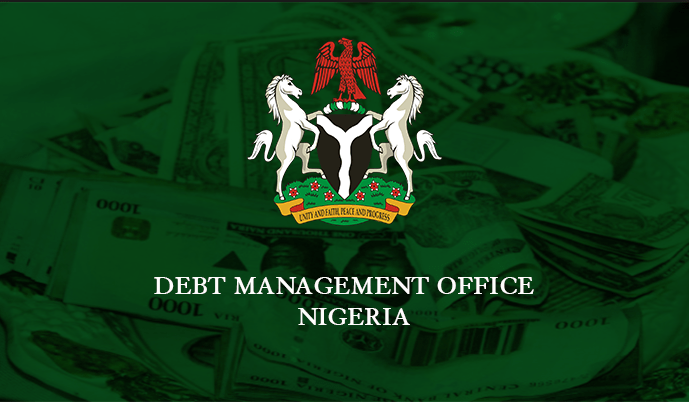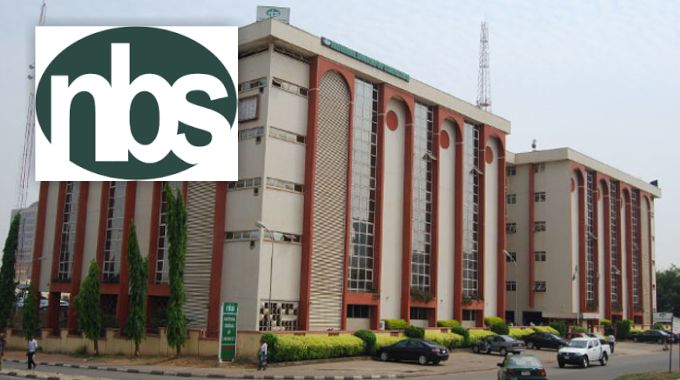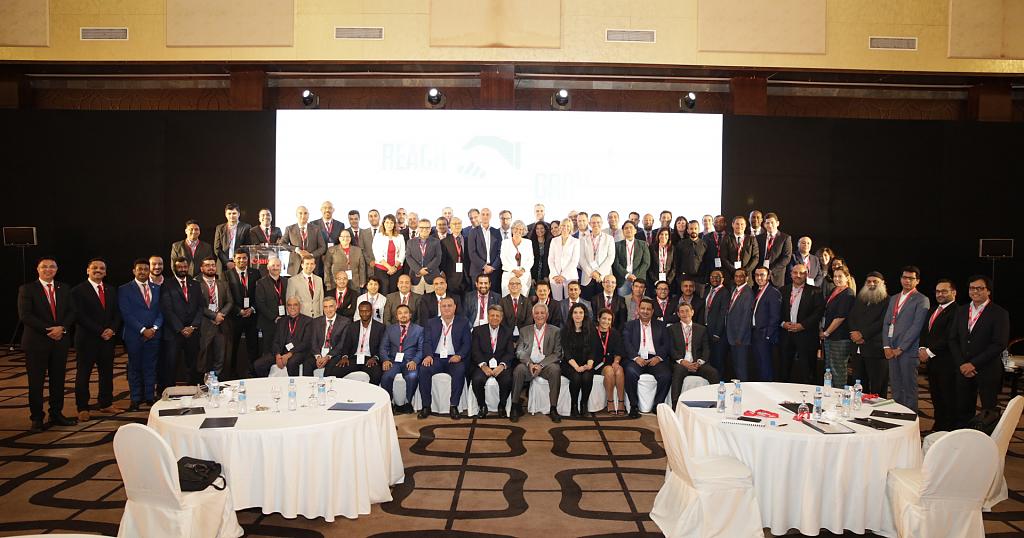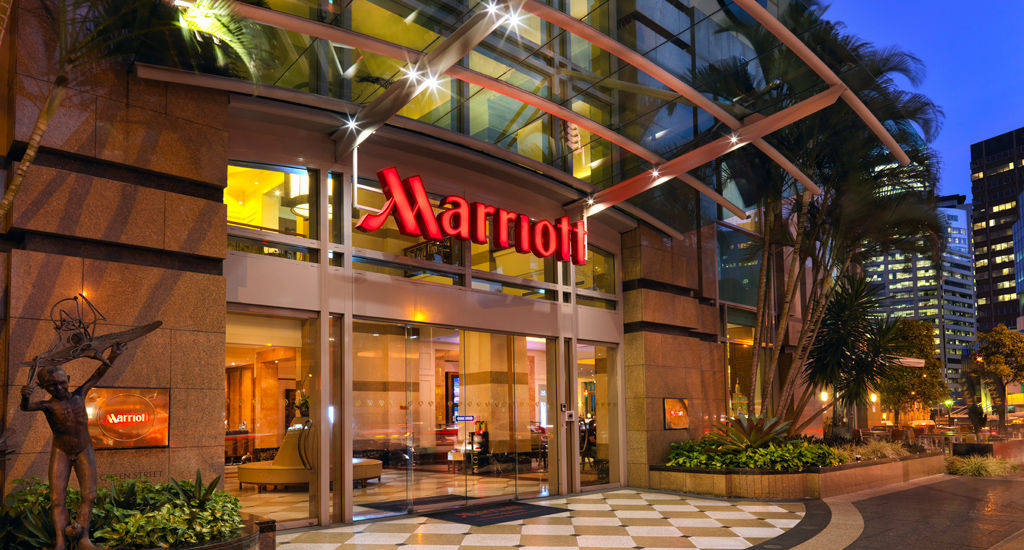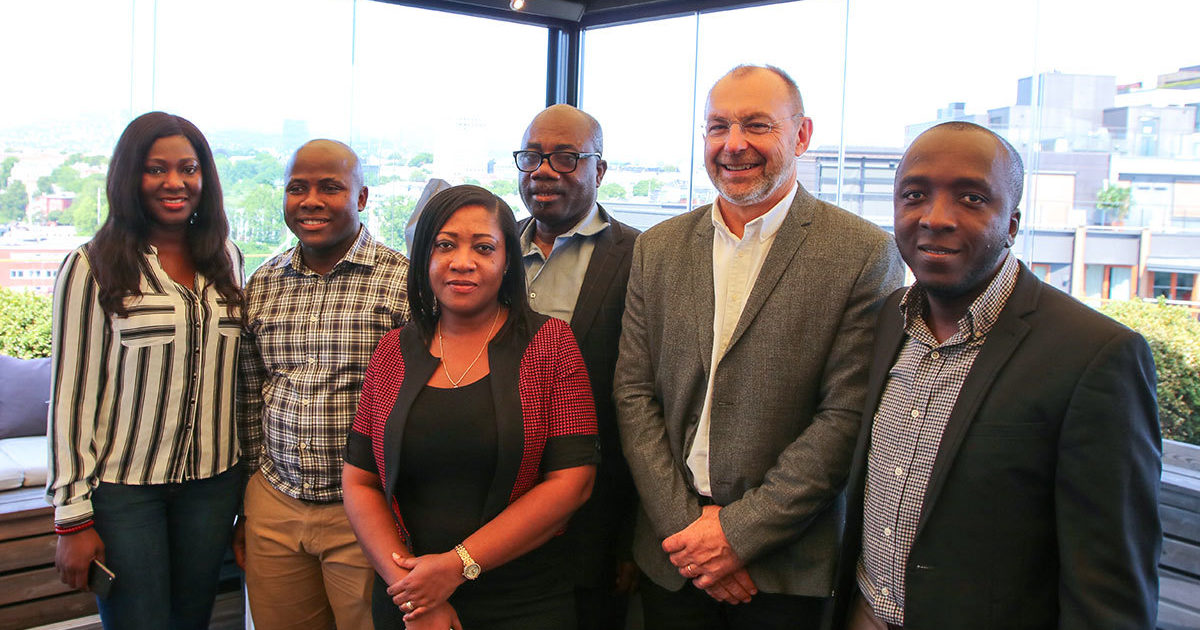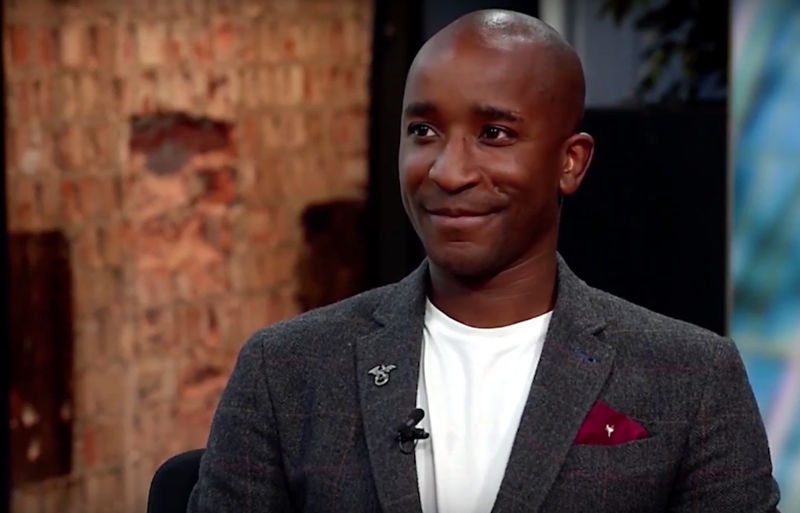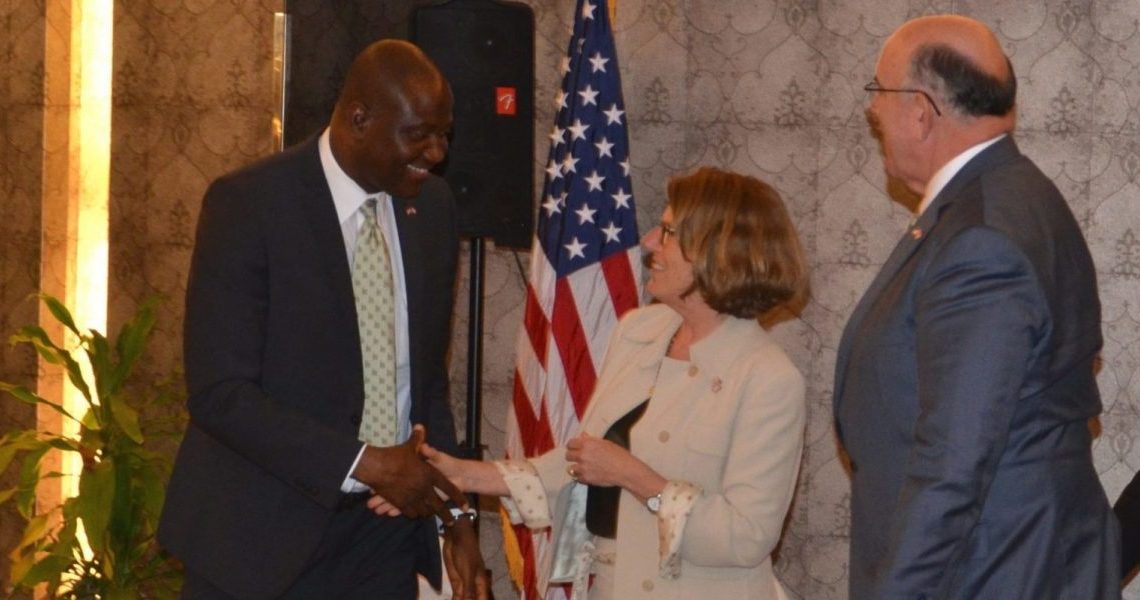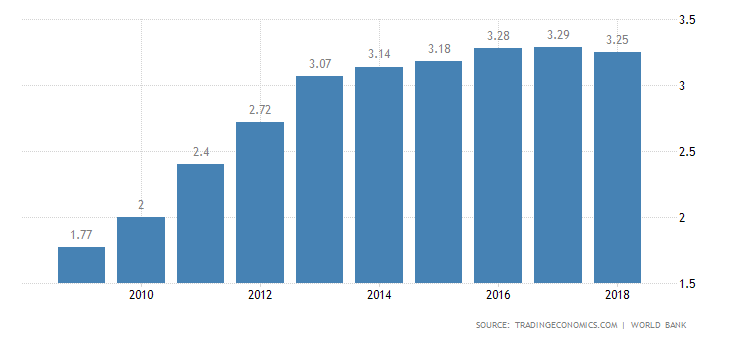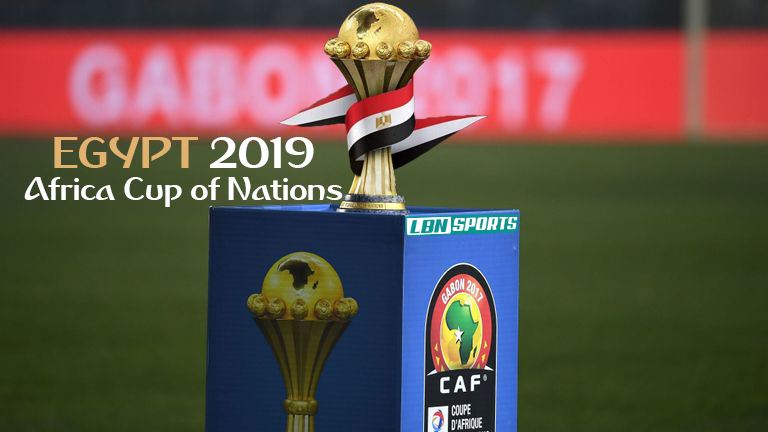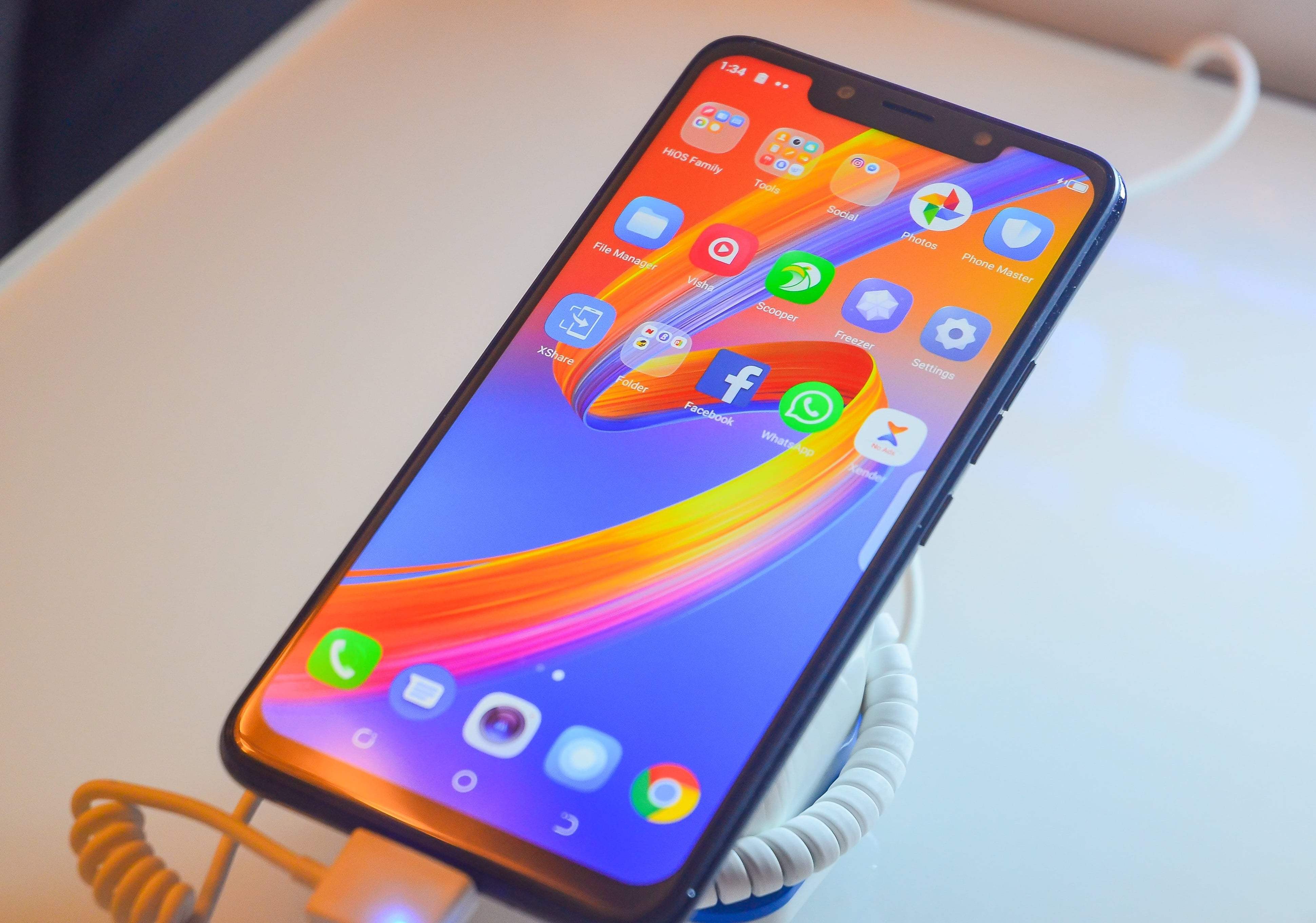Nigeria Is Now More Than $69 Billion In Debt
The total money owed by Nigerian governments, whether federal or regional now stands at more than $69 billion (N24.97trn) in the first quarter of 2019. This is more than the value of all money (GDP) made by Ghana last year.
A Break Down Of The Figures


- Figures from the Nigerian Bureau of Statistics say Nigerian States and Federal Debt Stock data as at 31st March 2019 showed that the country’s total public debt portfolio stood at N24.95trn.
- Further disaggregation of Nigeria’s total public debt showed that N7.86trn or 31.51% of the debt was external while N17.08trn or 68.49% of the debt was domestic.
- Similarly, total domestic debt was N3.97 trillion with Lagos state accounting for 13.64% of the total domestic debt stock while Yobe State has the least debt stock in this category with a contribution of 0.68% to the total domestic debt stock.


Click Here to Download Q1 2019 Nigerian Domestic & Foreign Debt PDF Report
Solution: IMF?
Remember that Congo recently got a major bailout from the International Monetary Fund (IMF) to help it service its debt obligations with its creditors.

This bailout potentially set a precedent for other nations struggling under the weight of large debts to China.
It appears that what IMF has succeeded in doing is to alert other countries borrowing from China that China would never cut off any percent from any borrowed sum, but may instead, prolong the period of repayment.
Many observers see Congo as a test case for the IMF.
A number of African countries facing unsustainable debt resulting from commercial borrowing, a boom in Eurobond issues and years of Chinese lending on the continent are expected to turn to the IMF for help in the coming years.
In 2017, public debt as a percent of GDP in sub-Saharan Africa was 45.9 percent relative to the 117 percent external debt-to-GNI ratio of 1995.
This is even bound to grow more because sovereign debt financing is inevitable given that African countries budgetary resources are insufficient to finance their vast development agenda.
“The IMF is tacitly accepting that China will not take a haircut on debts to African governments,” said one banker, who has followed the negotiations.
The IMF is also advising Congo’s government to restructure high-interest debt it contracted with oil traders including Glencore (GLEN.L) and Trafigura despite a previous pledge to the Fund that it would not engage in oil-backed borrowing.
“I think they’ve learned their lesson as to the costs of these kinds of practices,” Alex Segura, IMF mission chief for Congo, told Reuters.
IMF Is Also Pitching Its Stakes And Leaving African Countries At Their Own Mercy
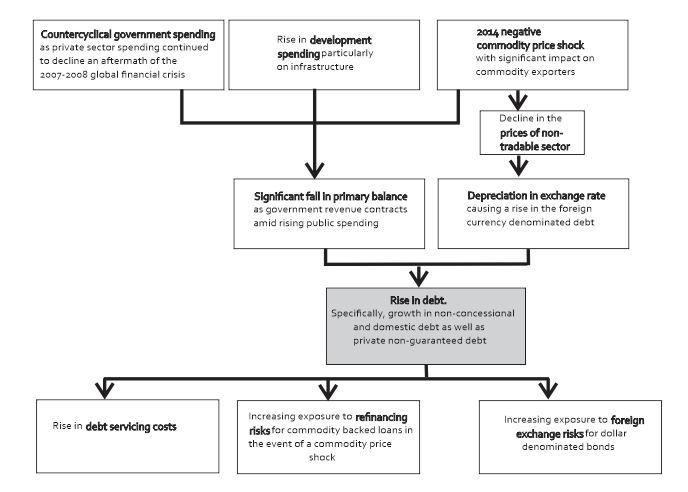
All that bailout would not just happen without a reciprocal deal. For instance, the IMF said in November that Congo’s government must take a series of steps before the lender agrees to a bailout, including reforms to improve governance and transparency, adjustments to the state budget. It’s also requested “explicit financing assurances,” including debt relief, from creditors before it considers a bailout.
With all these, African countries with heavy debt burdens may all be sitting on a time bomb.
Charles Rapulu Udoh

Charles Rapulu Udoh is a Lagos-based Lawyer with special focus on Business Law, Intellectual Property Rights, Entertainment and Technology Law. He is also an award-winning writer. Working for notable organizations so far has exposed him to some of industry best practices in business, finance strategies, law, dispute resolution, and data analytics both in Nigeria and across the world.

